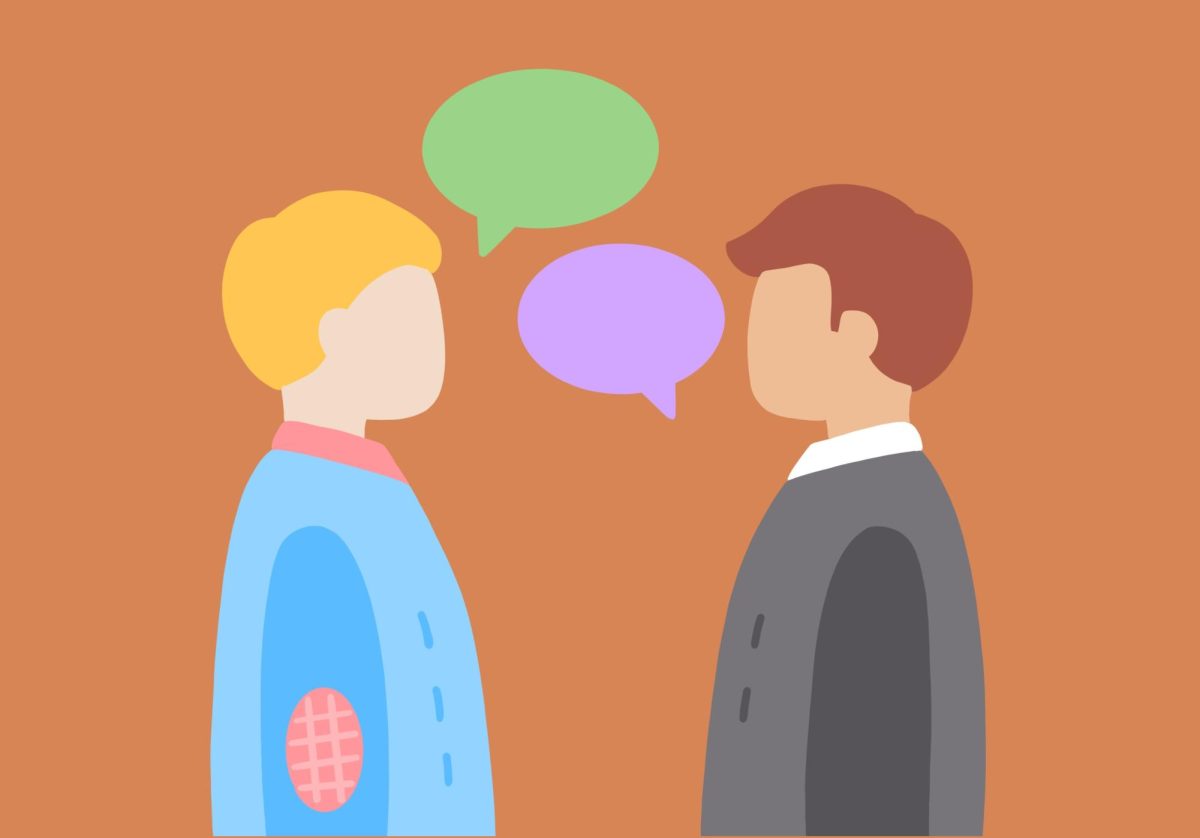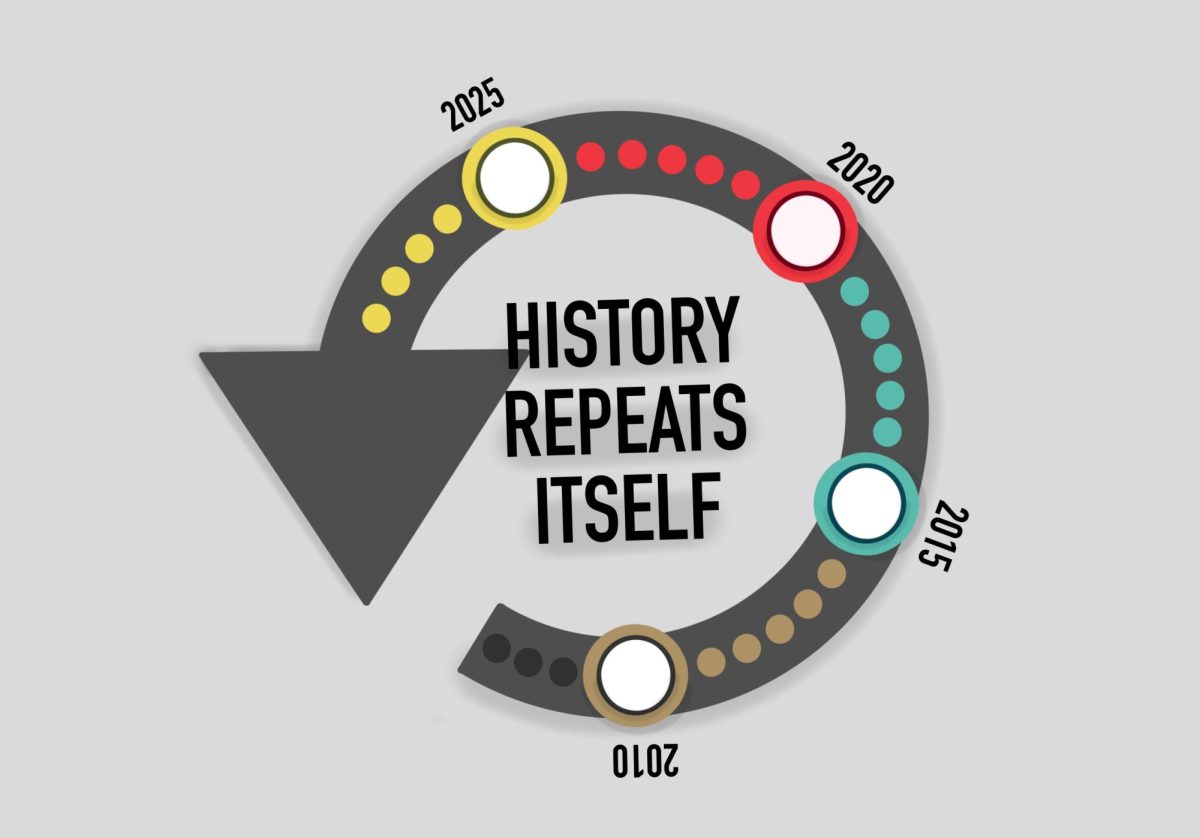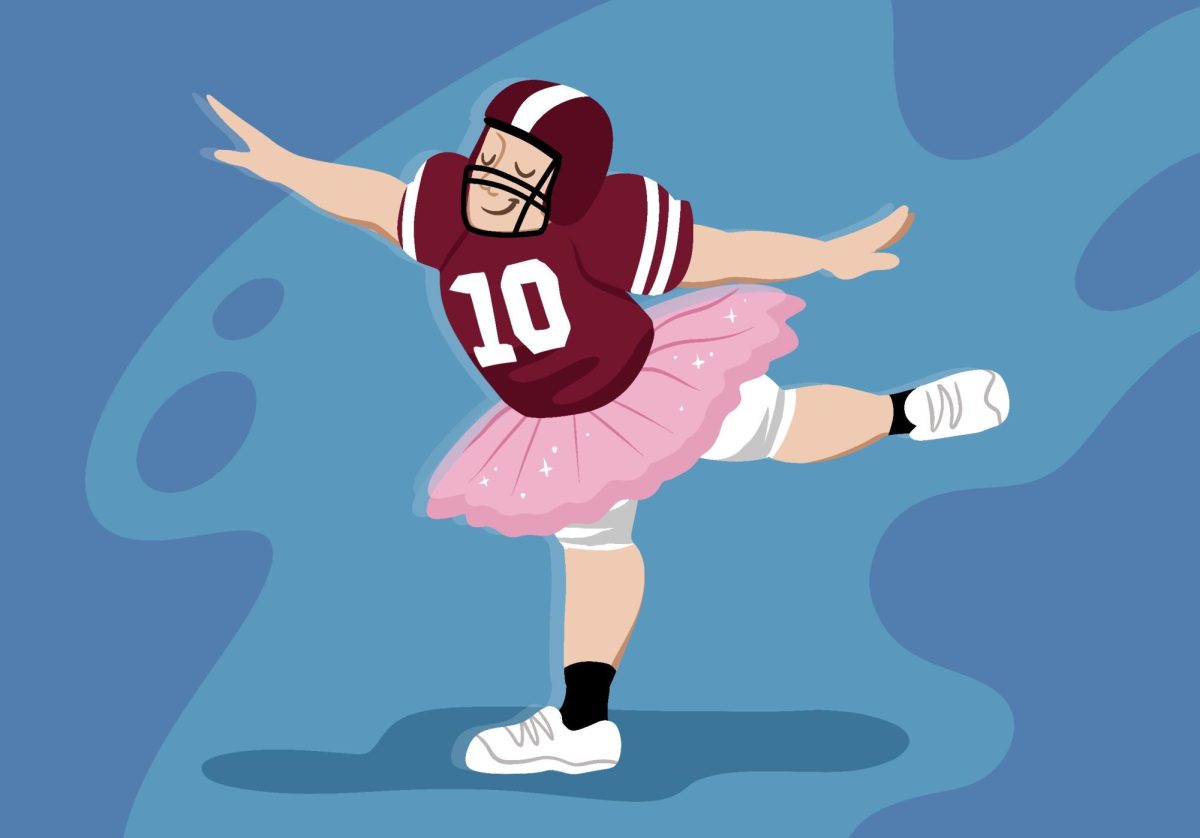There are few things worse than needing to change your tampon or pad in the middle of class or work. You do the awkward sliding of the product up your sleeve and head to the bathroom while nervously contemplating whether or not there is visible blood on your pants. It’s even worse when you dig through your backpack or purse and realize that you forgot to stock up. Scanning the room, you decide which woman seems approachable enough to ask for a tampon and steel yourself to do the deed.
Period stigma in the United States ferociously invades every facet of people’s lives. Not only do we feminize a genderless characteristic (don’t worry, transphobes, I didn’t say sex), we blanket everything surrounding periods in an oppressive quilt of shame.
Take the language we use to talk about periods. Most of us will go out of our way to avoid saying “menstrual cycle.” We opt for the more socially acceptable “period,” “time of the month,” “visit from Aunt Flo” and, disturbingly enough, “shark week.” There is shame in calling menstruation by its name.
Moreover, the overt feminization of menstrual cycles impacts the lives of transgender and nonbinary people. Not all women menstruate, and not all menstruators are women. And yet, tampons and pads are often found in the “feminine products” aisle. What exactly is feminine about some cardboard boxes full of cotton?
Stigmatization of periods is costly — and I mean that literally. The aptly named “pink tax” means that on average, products marketed to women cost more than those marketed to men. For example, personal hygiene products that are “for women” cost 13% more than comparable products for men. At least 30 states view pads and tampons as luxury goods. If I become a billionaire, I’m going to buy a mansion! And a plane! Oh, and some tampons.
To make matters worse, paid menstrual leave — or allowing people with chronic pain associated with their menstrual cycles to work from home or take time off without penalty — remains uncommon. I’m pretty sure that wouldn’t be the case if cisgender men experienced PMS.
Free menstrual products in bathrooms is also a deeply controversial topic, especially when it comes to the men’s room. Though pads and tampons are essential items, not to mention the cost barrier low-income individuals may face in acquiring this essential, many people remain opposed to providing them free of charge. In an article for The Texas Orator, Sydney Riordan argues against having menstrual products in men’s bathrooms because “It’s awkward, mostly because it’s a men’s bathroom.” She explains further that we should be considering the feelings of cisgender men and not just the needs of transgender individuals.
Sydney, if those men don’t want to deal with tampons in their bathrooms, then I don’t want bowls of free condoms on campus. If men really want condoms, they can go figure out where to buy them without disrupting my day-to-day existence. It’s just awkward, mostly because I don’t care about the public health of others.
In reality, public access to free menstrual products isn’t just about making sure you keep your white jeans white. Free pads and tampons in bathrooms mean that homeless people don’t have to risk toxic shock syndrome, that low-income individuals have access to a necessity and that transgender people can live a slightly more comfortable existence.
The menstrual cycle is just another part of life, like losing your baby teeth or shivering when it’s cold out. There’s not much that can be done to control it, just ways to mitigate the consequences. And yet, not only do we make it a shameful experience, we monetarily penalize people who experience menstruation.
We can’t expect cisgender men to advocate for people who menstruate if they don’t actually understand the process or its societal consequences. Legislative change takes time, and we won’t be seeing an end to period poverty or the pink tax anytime soon. But, we can start by changing the way we talk about menstruation.
To my fellow menstruators, drop the euphemisms. Hold your tampon in your hand instead of smuggling it up the inside of your sleeve. Carry an extra pad or two so you can offer it with a smile and get your friends — regardless of gender — to do the same. Get comfortable with who you are, and be confident in what your body is able to do for you. If it makes people uncomfortable, that’s okay. You do not have to placate the misogyny and sexism of others in the name of being agreeable.














